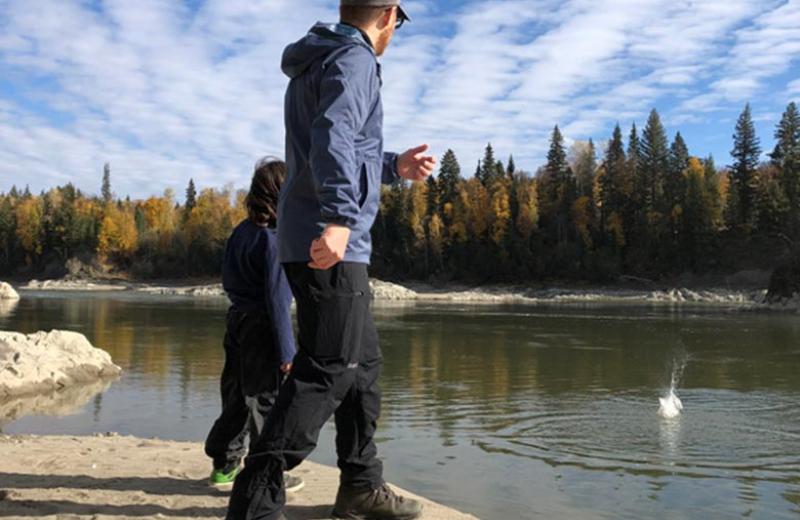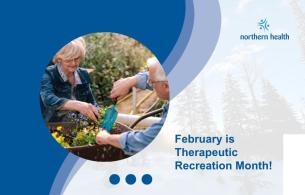Talking to our kids
Lately I’ve been hearing from my colleagues that they don’t know how to talk to their children about mental health issues or suicide in our community. I can relate to their struggle because, although I trained as a clinical counsellor and facilitate mental health workshops, everything I know seems to go out the window when it comes to my own kids and their struggles (and I end up doing the very things I advise against).
One thing I am sure of though, is that there is great value and importance in talking to our kids about the truth of the world. Our boys are 6 and 12 now and my husband and I have talked to them since they were toddlers about all manner of topics that affect them and their community. We have discussed residential school and colonial history, racism in our Northern community, the fentanyl crisis, youth suicide, domestic violence, LGBTQ2 language, social media dangers – the list is endless. I believe that there is a way to talk to kids about challenging topics, in an age appropriate way - and that we should! It’s important to prepare yourself for the emotional impact of discussing a topic that you have a lot of feelings about, for example, self-harm or suicide.
You may have different levels of knowledge about all of these topics, as we do, but I think even if you’re starting from the beginning, you can do so alongside your child (coming from a place of not knowing together is okay!). Find out one or two facts on an issue, and give them some language, so that they can ask questions. Let them know that you’ll share what you know; and if you don’t… you’ll find out.
There may be opportunities in your community that you haven’t considered attending that can spark conversation or ideas with your family about important topics, which may help them shape their opinions on community issues. We’ve taken our children to anti-violence rallies, anti-racism rallies, and Aboriginal rights marches. As always, I’ll run into someone I know there who says, “I should’ve brought my kids!” Even a young child will undoubtedly learn something by attending community events.
For example, domestic violence is something we want our boys to learn about as it’s a reality in our community. Now they have joined the Moosehide Campaign - a campaign to end violence against Aboriginal women and children. If they consider where they stand on issues like this now, and grow up surrounded by people who will stand by these values, we’re hopeful they will hold onto these values as youth and adults.
Kids notice what is going on around them and will ask questions. They may not need to know every detail of difficult topics, like suicides or violence, but you can discuss some of the reasons behind people’s actions, for example, why people take their lives. If we open the door to these conversations, and your children believe you have something to offer and can support them, they are more likely to speak up if they or their friends are going through difficult times.
If you’re not sure where to start, just listen
Your children will give you the opportunity needed to share your ideas and knowledge about the world. Ask them what they know about these things, and share what you are willing to share, in a way that doesn’t frighten them, but gives them a starting point to frame the information.
(Editor’s note: This article first appeared in Northern Health’s Healthier You – Fall 2018 edition on Youth Mental Wellness. Read the full issue here.)














Comments